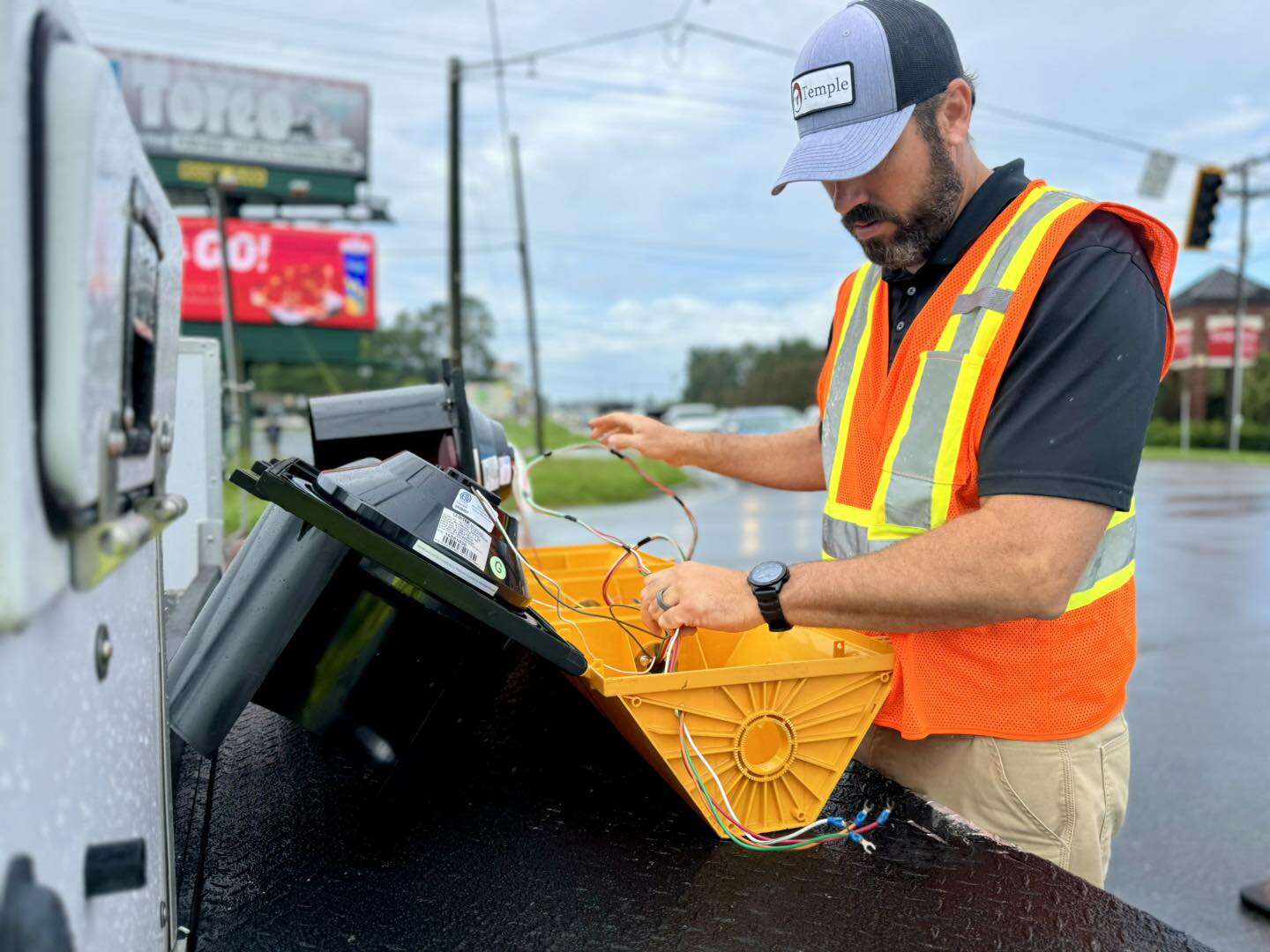EDITORIAL: Fact checking part of newspaper processes
Published 6:30 am Friday, August 25, 2023
Be careful what you read, what you believe and what you share on social media.
Simply posting something on the Internet does not make it true.
Posting something on Facebook and then seeing it shared repeatedly does not make it true.
Even viral videos sometimes are not what they seem to be.
Video can be altered, edited, falsified or simply contain a select portion of what actually took place.
Anyone can post anything on YouTube, Instagram, Twitter, TikTok, Truth Social or Facebook.
The social media platforms contain a lot of posts that may sound true or that you may simply want to believe but which have no basis in fact.
A newspaper, on the other hand, has a responsibility to fact check.
A newspaper should never knowingly print false information.
That does not mean newspaper reporters cannot be duped or that they do not make mistakes.
However, newspapers take what they do seriously and have high standards for verifying the information published in print or online. That includes items submitted to the newspaper as a letter to the editor or as a guest column.
It is not a restriction of free speech to edit a sentence from a letter to the editor or refuse to publish some letters to the editor. Often, these instances are a result of letters making false claims or include claims that cannot be verified.
Verification, credible sources and attribution are not only important but necessary – especially in an age when every person has the ability to be a reporter, editor and publisher with social media.
One person can claim something is happening and have half the town sharing the post without any credible source or attribution included in the post.
Today, newspapers strive to post information as soon as it is available. Verifiable information from a credible and reliable source.
The goal of the newspaper is always to be the leading source of information.
However, we understand that being the leading source of information only matters if that information is accurate and reliable.
How many times have you read something on Facebook only to find out later it was simply not true?
We always hope to be first when it comes to sharing the news but we will not sacrifice credibility in order to beat the social media crowd that often rushes to post unverified information.
There are people and organizations — some even claiming to be the “media” — that are quick to post anything sensational or scandalous, whether it has been verified or not. And when we make a mistake, we strive to correct it as soon as possible online and make note of the correction in print.
We want our readers to know when they read the news in print, on the newspaper’s website or its social media accounts they can rely on that information.
No one should ever claim something is true just because they “saw it on the Internet.”
However, you should have confidence in the veracity of what comes from your local newspaper.
Anyone who is going to report news has a responsibility to verify the information in the report. That’s a rule that has long been true for newspapers but it is not the rule for many social media posts.





